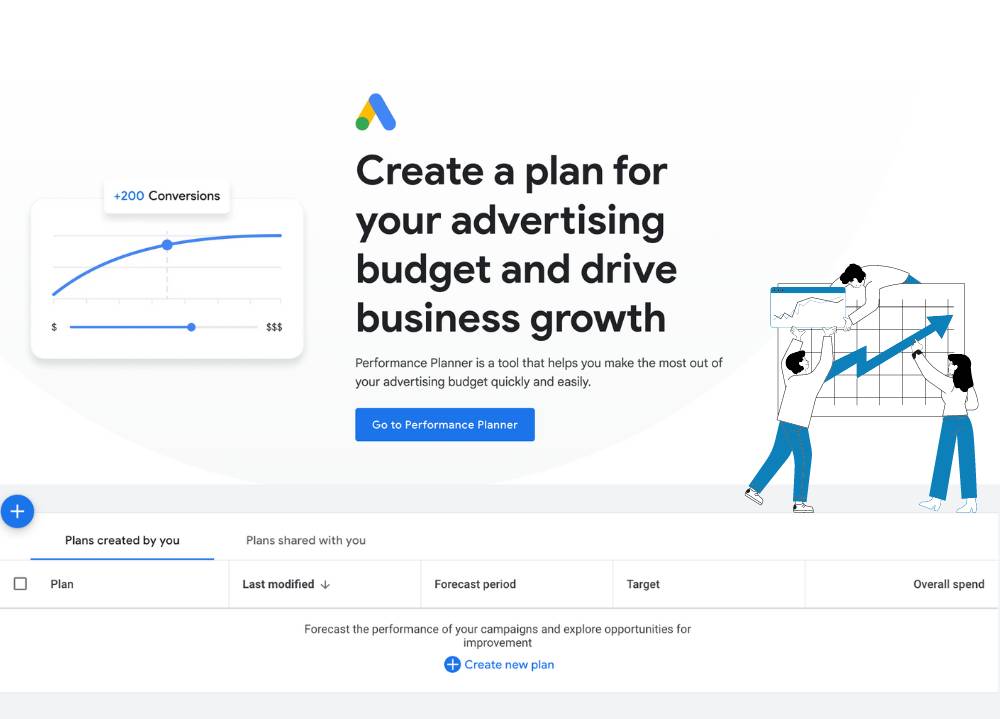On May 14, 2024, Google rolled out something big at the Google I/O conference—AI Overviews. This isn't just an upgrade; it's a whole new way to search. Born from what we used to know as the Search Generative Experience (SGE), AI Overviews are set up to change how we interact with Google completely.
AI Overviews Explained
AI Overviews signify a shift from the usual list of links to something more intuitive: AI-generated summaries that pop up at the top of your search results. This is so groundbreaking that some industry experts are calling it ‘day zero’ for Google search.
Why is this a big deal? Because these summaries let you quickly understand complex topics without leaving your search page. It’s all about getting the information you need faster, without the hassle of clicking through link after link. With the new AI Overviews, Google is pushing the envelope on what AI can do in search, making it quicker, more accurate, and user-friendly than ever.
For example, we typed “The most popular car brand” into the search results, and here was the information located the top of the page:

Searching Just Got a Major Upgrade
Right now, this feature is rolling out across the U.S., with plans to take it global. Whether you’re just googling for fun or you're deep into digital marketing, you need to keep your eyes on this. The implications are massive for search behaviors, content strategies, and digital marketing.
Google's Gemini model, specifically tailored for these tasks, sits at the heart of AI Overviews. It's designed to enhance the accuracy and user experience of your searches, ensuring that AI-generated summaries provide not just answers, but comprehensive snapshots of your queries.
As 2024 unfolds, billions of users will start seeing these AI Overviews as a standard feature in their searches, marking a pivotal change in how we interact with the web. So, whether you’re casually searching or strategically marketing, it’s time to adapt to these new AI-driven dynamics in search technology.
Multi-step Query Processing
During the Google I/O Conference, Elizabeth (Liz) Reid, VP and Head of Google Search, discussed the enhanced ability of Google's search engines to handle complex queries more effectively through a method known as "multi-step reasoning." Liz elaborated on how the Gemini model serves as an AI agent to dissect and process queries in a detailed and structured manner.
The Gemini model takes a comprehensive question, breaks it down into its individual components, figures out the sequence for addressing each part, and then synthesizes a cohesive answer. This capability transforms the search experience by converting complex, multi-layered questions into straightforward answers, ultimately reducing the effort required from the user and enhancing the accuracy of the search results.
Video-based Querying
Another innovation in Google Search is the introduction of video-based querying. Soon, users will be able to pose questions to Google Search by simply capturing a video. This will greatly simplify the interaction and is expected to redefine accessibility within digital search environments.
The potential of video queries extends beyond convenience; it enhances the user experience by allowing a more dynamic form of search that can understand and analyze visual as well as audio inputs. This development is set to create new avenues for searching and consuming information, making technology even more seamlessly integrated into our daily routines.
Potential Impact on Web Traffic and Marketing
At the heart of AI Overviews is a simple idea: Google does the googling for you. This means that you can enter a complex query and receive a synthesized answer directly, complete with various perspectives and further reading links presented in an easy-to-navigate carousel.
Based on your unique search, AI Overviews can combine data from blogs, local business directories, and customer reviews to provide a rounded answer.
This shift presents challenges and opportunities for businesses looking to grow their online presence. The traditional goal of driving traffic to websites via search results might face hurdles, as direct answers in search results can reduce the number of clicks to external sites. This could potentially impact page views, ad impressions, and, ultimately, revenue. However, being featured in an AI Overview could substantially increase a site’s visibility and credibility, driving more focused and valuable traffic to the site.
Opportunities for Enhanced Content Visibility
Content featured in AI Overviews is likely to gain a significant boost in user engagement. When your content is selected as a source for these overviews, it's not just listed in a plain old search result; it’s highlighted as a key answer to a query, which can enhance the perceived authority of your content and increase the likelihood of user interaction.
To capitalize on this new search environment, content creators need to align their content marketing strategies with the AI’s parameters when selecting source material. This includes focusing on the richness of content, its authoritative value, and how comprehensively it addresses user questions. Well-structured, richly informative content that is aligned with user intent is more likely to be featured in AI Overviews. The emphasis should be on EEAT (Expertise, Authoritativeness, Trustworthiness, and Experience) and expert-driven content.
The rollout of AI Overviews calls for an ongoing adaptation strategy. Marketers and SEO professionals should monitor the performance of their content under this new search framework, making iterative improvements based on user engagement and feedback. Using tools like Google Analytics and SEMrush to track how content performs in this new setup will be crucial for understanding and effectively leveraging AI Overviews.
Adapting to the New Era of Search
Google's AI Overviews are set to redefine search interactions, providing both challenges and opportunities. As this feature expands globally, understanding and adapting to it will be crucial for anyone involved in digital content and marketing. As always, staying informed and proactive in response to these changes will be key to navigating the future of search effectively.
For those looking to align their content strategies with these new advancements, staying ahead means focusing on quality and precision in the information provided, ensuring it meets the criteria for selection by Google's AI. Schedule a consultation with Titicus today to discover how we can help your business continue to grow online.





